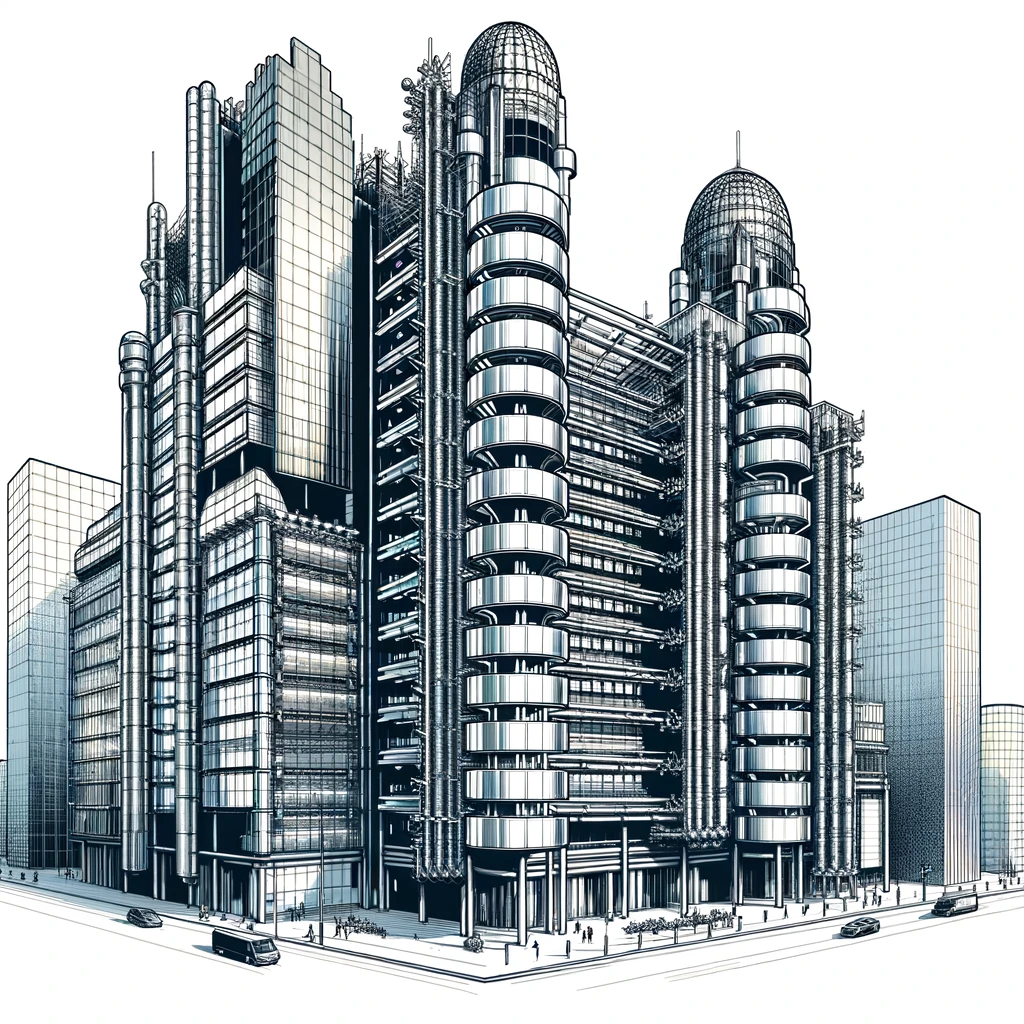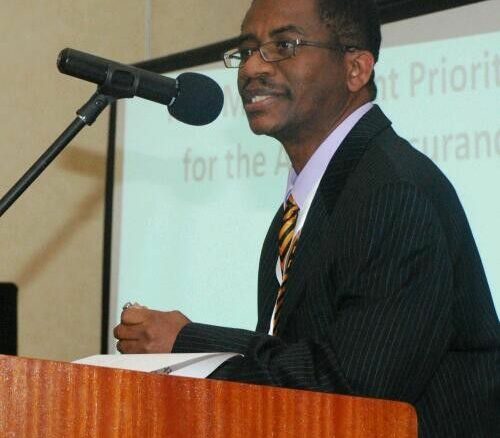Lloyds of London’s Apology: Sierra Leone’s Claim for Reparations


Lloyds of London’s Apology: Sierra Leone’s Claim for Reparations
By Kortor Kamara
Email: Kortorkamara@yahoo.com


A very significant but largely unreported mea culpa, with ramifications for Sierra Leone, was recently issued – amid the ongoing global Covid-19 pandemic – by Lloyds of London expressing atonement for its role in facilitating the slave trade and colonialism and pledging to fund opportunities for black people in affected areas.
The London-based, centuries-old global insurance juggernaut and behemoth, the Lloyds of London, not only issued an apology of sorts in June 2020 for its “shameful “ role in the transatlantic slave trade of the 18th and 19th century, but it significantly pledged to “fund opportunities for black people,” according to a Reuters report dated June 18, 2020.
While it is a truism that the availability of marine insurance, perfected by the Lloyds syndicate in London, largely facilitated the growth of the transatlantic slave trade, Lloyd’s central role in the legitimate trade that replaced the slave trade has largely remained unknown and unheralded.
However, while countries and peoples, primarily in the Caribbean, have sought to engage Lloyds and other such culpable financial and insurance institutions – that “sorry is not enough “ for their roles, Sierra Leone has remained largely silent and seems either content with just an empty apology or worst may not just be aware of such developments, despite having served as a central cog in the facilitation of marine insurance for Lloyds and other financial institutions during the period pre and post abolition of the insidious slave trade.
WHY SIERRA LEONE?
To better understand why Sierra Leone requires a brief history of the introduction and role played by insurance, especially marine and fire insurance, in the colony of Sierra Leone.
By the early 1800s, insurance companies largely domiciled in London, Liverpool, and Manchester were insuring risks across the British empire with a congruence of factors, making the colony of Sierra Leone the primary destination.
In fact, in the first-ever census of Freetown and liberated African villages conducted in 1831, the existence of “brokers offering shipping insurance “was recorded among tradesmen such as ship carpenters, boat builders, rope makers, sail makers, and blacksmiths.
Thus, by 1904, all four Fire insurance offices in Sierra Leone were British-owned and operated.
Lloyds of London brokerage office in Freetown established in 1820:
Having underwritten mainly maritime policies for slavers during the period before the abolition of the slave trade from its London headquarters, Lloyds of London, by 1820, posted its agent at the Freetown Port to handle the increasingly profitable maritime trade and the captured slave ships being auctioned by the Vice-Admiralty and Courts of Mixed Commission, headquartered in Freetown.
According to Bronwen Everill’s “For the services of shipwrights, coopers and, grumettas: Freetown’s Ship Repair Cluster in 19th Century Sierra Leone”, the Port of Freetown gained its own Lloyds Agent for shipping insurance in 1820.
Having a maritime insurance Agent, especially a Lloyds brokerage stationed in Freetown in the 1820s, was no mean feat, as marine insurance was a very important innovation in the global trade and transportation of goods.
The Lloyds brokerage was established in Freetown and managed by Mr. Daniel Sutherland, a European trader resident in Freetown, who provided underwriting for ship repairs at the Freetown port.
The brokerage also served to establish and cement the reputation of Freetown as a hub for innovative financial and insurance services by a global insurer.
According to the 1899 Spectator Insurance Year Book: Fire and Marine, the following British insurance companies were represented in Sierra Leone by these agents:
1) Sun, London – Sir Samuel Lewis, CMG
2) Royal, Liverpool – Fisher & Randall
3) Board of Underwriters New York ( Marine) – The US Consul is the correspondent, National Board of Marine Underwriters.
4) The Sierra Leone Coaling Company representing the British Lloyds & The Liverpool Underwriters.
In the 1902 Insurance Year Book: Fire and Marine vol. 30, Sierra Leone was recorded to have the following insurance offices:
1) Sun Insurance, London.
2) Royal, Liverpool.
3) W.V Masell – Agent-General of the Sierra Leone Coaling Company, represents the British Lloyds and the Liverpool Underwriters Association. 4) Underwriters of New York were also represented.
Moreover, according to the 1919 Insurance Year Book, the following British insurance companies were selling fire and marine insurance products in Sierra Leone, viz:
1) The Union.
2) The Guardian.
3) The Royal.
4) The Atlas.
The End of Direct British Insurance in Sierra Leone:
The 166 years of direct British insurance industry presence in Sierra Leone, spanning from the establishment of the Lloyds office in 1820 to 1986, when the Lion Insurance company, formerly named the Guardian Royal Exchange and Northern Assurance Company, closed operations, in the wake of the currency devaluation by the President Momoh administration, brought to an abrupt and ignominious end, an era and legacy of especially marine insurance innovation and practice, that Sierra Leone was an integral part of globally.
In conclusion, it is hoped that the opportunities Lloyds and other insurance companies have announced can be pursued by authorities.
Publisher’s Note: The republishing of this article aims to shed light on Sierra Leone’s potential claim for reparations, emphasizing the need for more than just apologies from institutions like Lloyds of London.
Recent Posts
SLPPNA Convention 2025 Election Disputes Shake Leadership
Three SLPPNA chapter elections were annulled, raising allegations of manipulation by Chairman Pessima as he…
SLPP North America Leadership Twist
Explore the behind-the-scenes politics of SLPP North America as Chairman Pessima maneuvers for a second…
President Bio Expands Sierra Leone’s UNIDO Partnership in Key Sectors
Sierra Leone’s President Julius Maada Bio reinforces the nation's collaboration with UNIDO, aiming to drive…
First Lady Fatima Bio Honored at London Political Summit
Dr. Fatima Maada Bio, First Lady of Sierra Leone, was honored at the 9th Annual…
Bio Launches 5th Generation Justice Reform Strategy
New Brookfields Hotel, Freetown, Thursday, 12 September 2024 — Sierra Leone’s President, Dr. Julius Maada…
Sierra Leone and China Sign $50M SMART Project Agreement
Beijing, China, Tuesday, September 3, 2024. The Government of Sierra Leone and China National Technical…
